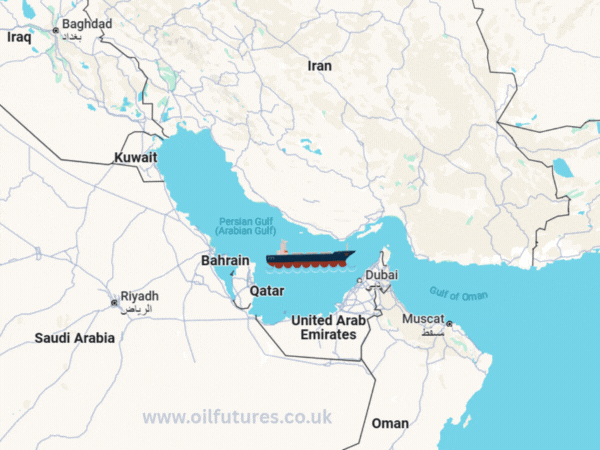The military conflict between Iran and Israel took a turn for the worse, as some missiles passed through Israel's layered anti-missile defence system that resulted in a damage to a major medical centre and a hospital on Thursday morning. In response, Benjamin Netanyahu, the Israeli prime minister, vowed to exact a heavy price for the attack.
It is almost a week since Israel launched a daring attack on Iran's military targets, eliminating the most important figures in the military hierarchy; they included the chief of staff of the armed forces, the commander of the air force and above all, the chief of Iran's elite IRGC, Iranian Republican Guard Corps; in addition, there were deaths of a few more top officers close to the top commanders.
Since then, Israeli aerial attacks show no sign of abating, despite the two countries being more than 1200 km apart; Israeli fighter jets, using refuelling tankers in the midair, just fly freely over certain parts of the Iranian skies, especially over Tehran, the capital of Iran. Israel claims it almost destroyed the air defence systems that could posed a risk for its aircraft.
Although many countries try to broker a peace deal between the two long-term archrivals, neither the Jewish state nor the United States shows any interest for such a move. "The hunted became the hunter," said President Trump on Wednesday while participating a flag-post hoisting ceremony at the White House. He demanded total surrender from Iran, not peace talks.
The ongoing exchange of missiles between the two countries has, understandably, spooked the oil markets. The price of crude oil has risen more than 4% since the conflict broke out on Friday, last week.
As of 11:30 GMT on Thursday, the prices of WTI and Brent were at
$75.24 and $76.91 respectively. The price of LNG, liquified natural gas, has surged too, defying the warming weather in the Northern Hemisphere.
In a surprise development, meanwhile, the US crude stocks have fallen steeply, a factor that usually works in favour of pushing up oil prices. It shows that the demand during summer months in the world's top consumer nation has picked up. In this context, the volatility in the Middle East is not the only factor that affects the current commodity prices.
As far as the global crude oil supply is concerned, the Strait of Hormuz, a key artery in the process of flow crude oil, has always been a potential flashpoint: on one hand, it is a key route for the Middle Eastern producers, including Iran, to distribute the commodity; on the other hand, Iran is threatening to block the flow of tankers through the narrow waterway, if it can't sell its own oil - due to a naval blockade or attacks on its oil facilities by Israel.
At this stage, however, it remains a hypothetical prospect, as Iran is not in a position to muster its naval assets for such a herculean task while being hammered elsewhere in the country. Iran, however, can still use its military drones to cause disruption in the region.
With the war showing no sign of de-escalating, all eyes are on what President Trump would do in the next few days: a significant US military assets are already in place in the Middle East with two aircraft carriers along with their corresponding carrier groups; in Diego Garcia, the island in the Indian Ocean, feared B-52 bombers are stationed; in addition, there are major US military bases in Qatar, Bahrain and Saudi Arabia; since they are being threatened by Iran in the event of the US participating in the war, the countries remain on edge at the moment for obvious reasons and so are the oil markets.
President Trump, meanwhile, stubbornly refuse to reveal his plans while leaving the mainstream media in a state of confusion that fits into the familiar pattern of his treatment of some of them. He said yesterday that the Iranian top officials wanted to come to the White House to make a potential deal that immediately attracted a sharp rebuke from Iran. In response, President Trump wanted total surrender and said that time has run out for a deal.
There are, meanwhile, rumours that the bunker where Ayatollah Khamenei, the Supreme Leader of Iran, is said to be holed up in, has been identified by both the US and Israel. Israel defence minister, just after the missile attack on the hospital on Thursday, hinted that he was a legitimate targe. If Israel takes that extreme step to harm him, it will be a watershed moment, not just in the present conflict, but for the entire Middle East for years to come.










